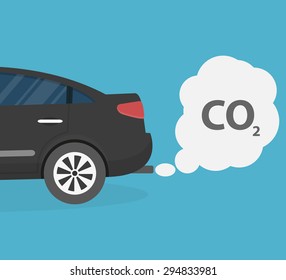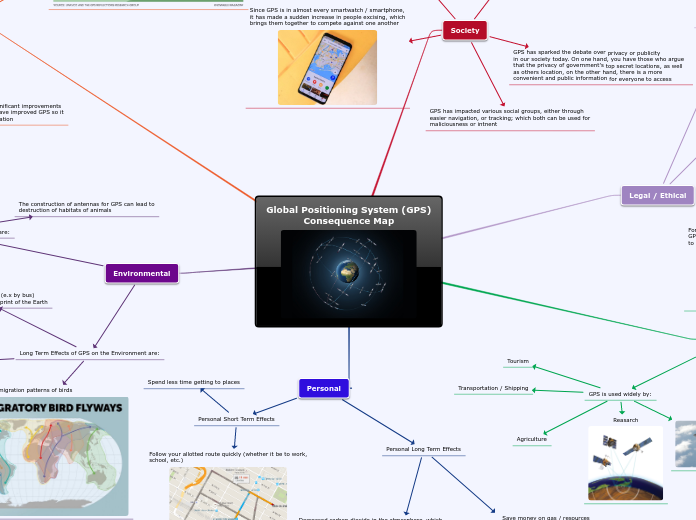Global Positioning System (GPS)
Consequence Map
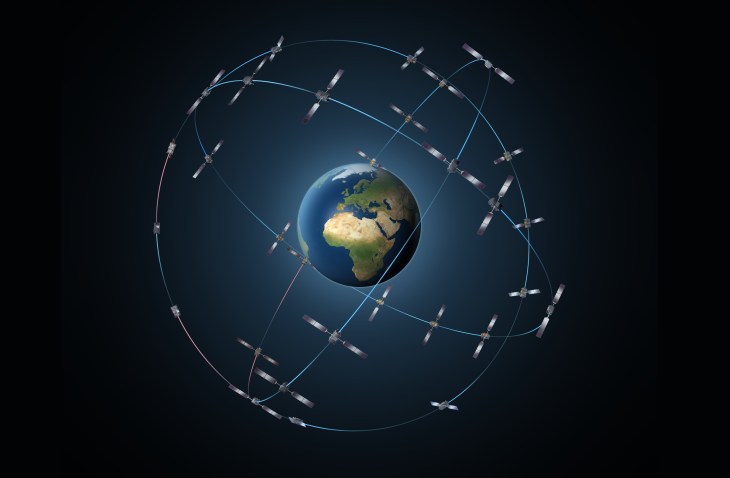
Society
The Stakeholders of GPS include those who
work for companies that produce GPS Apps
and GPS Technologies. (I.E Garmin, Apple)
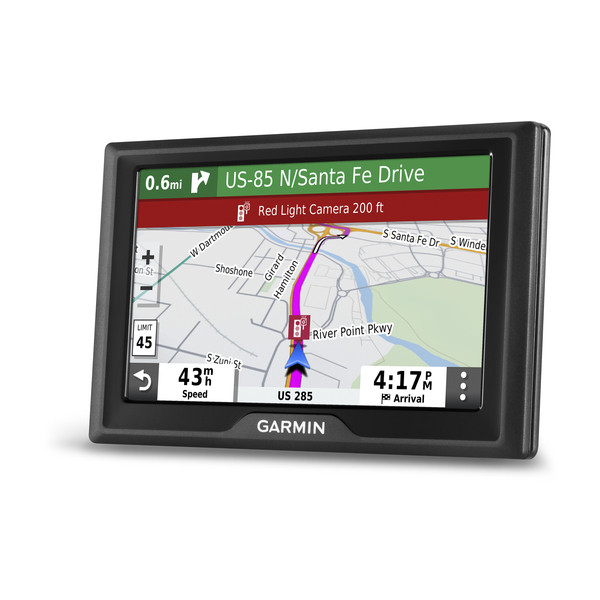
GPS has the possibility to bring people together,
since it makes it easier for people to meet each
other in areas.
Since GPS is in almost every smartwatch / smartphone,
it has made a sudden increase in people excising, which
brings them together to compete against one another

GPS has impacted various social groups, either through
easier navigation, or tracking; which both can be used for
maliciousness or intnent
GPS has sparked the debate over privacy or publicity
in our society today. On one hand, you have those who argue that the privacy of government's top secret locations, as well as others location, on the other hand, there is a more convenient and public information for everyone to access
Legal / Ethical
GPS is used in a lot of case for good:
Ease of Navigation
Catching Criminals
Researching (Publicity). Knowing what is going
on in a location.
GPS however, is also used for malicious intent
In China, the government puts Google maps
through a program to purposely misaligned the
map with each location being 50 to 500 meters
from the actual distance.

Sometimes GPS is used to track individuals;
whether it be the government, private corporations, or
individuals; without consent of the person
In general, GPS sparks the debate
over privacy v.s publicity

Economical
For smaller scales (people, neighbors, company, region),
GPS devices would be efficient and suitable for everyday travel
to locations unknown by the user
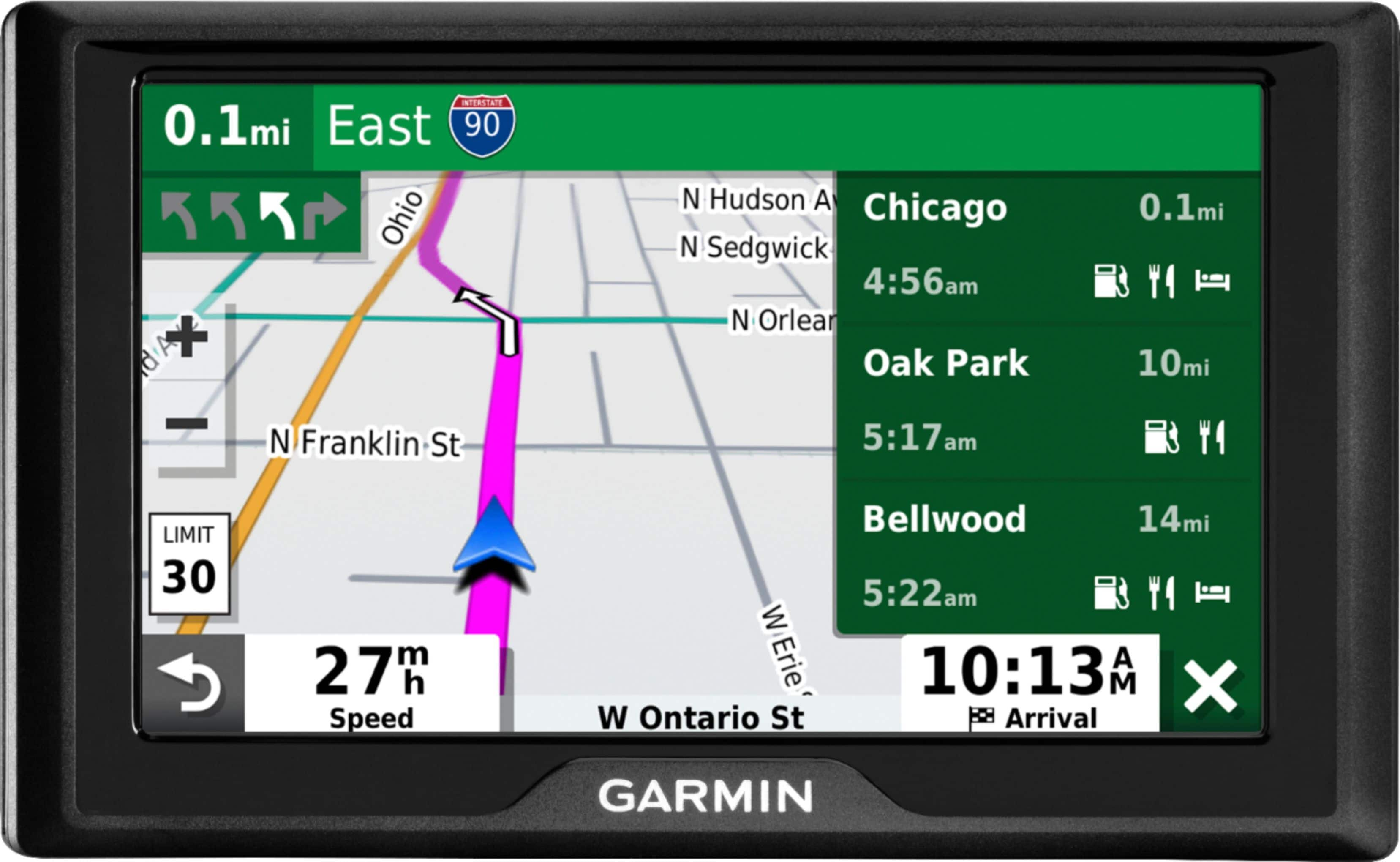
For larger scales, it is used for governments and research.
For example, it can be used to determine where to build roads
for the least distance, or by farmers to tell the best area to plant their crops.

GPS is used widely by:
Tourism
Transportation / Shipping
Reasarch

Agriculture
GPS is very unlikely to affect cultural or ethnic beliefs,
as it provides with humanity with aid in transportation. However, it has been a key influencer in our culture, as it has made it easier for people to gather with one another, as mentioned in the societal part.
GPS has been extremely useful in developing the economy.
For instance, countries can use GPS to develop their transportation by developing better routes. They can also develop better shipping routes to save fuel, money, and precious resources

Scientific
How Does GPS Work
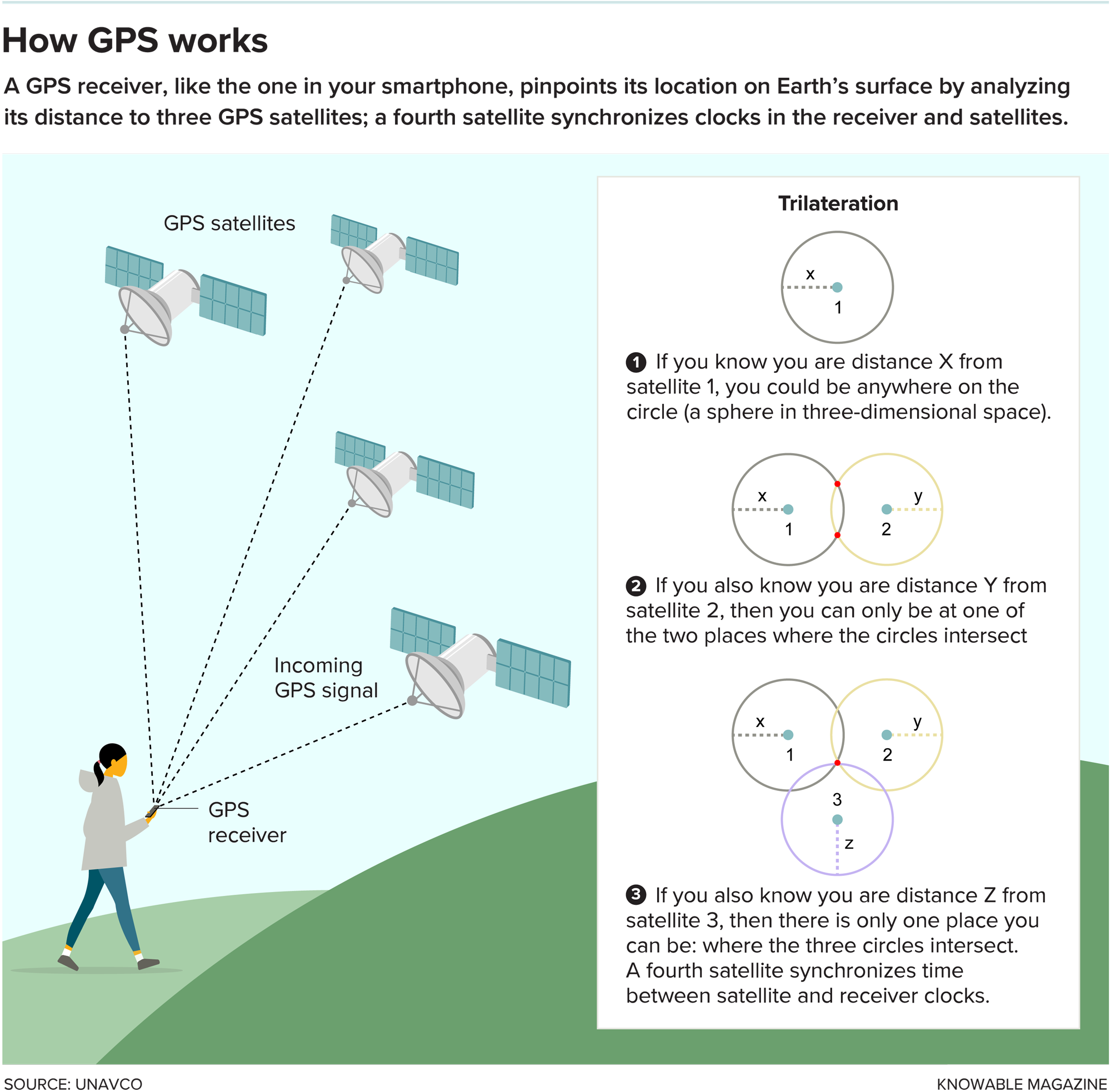
How can GPS tell what is the type of terrain
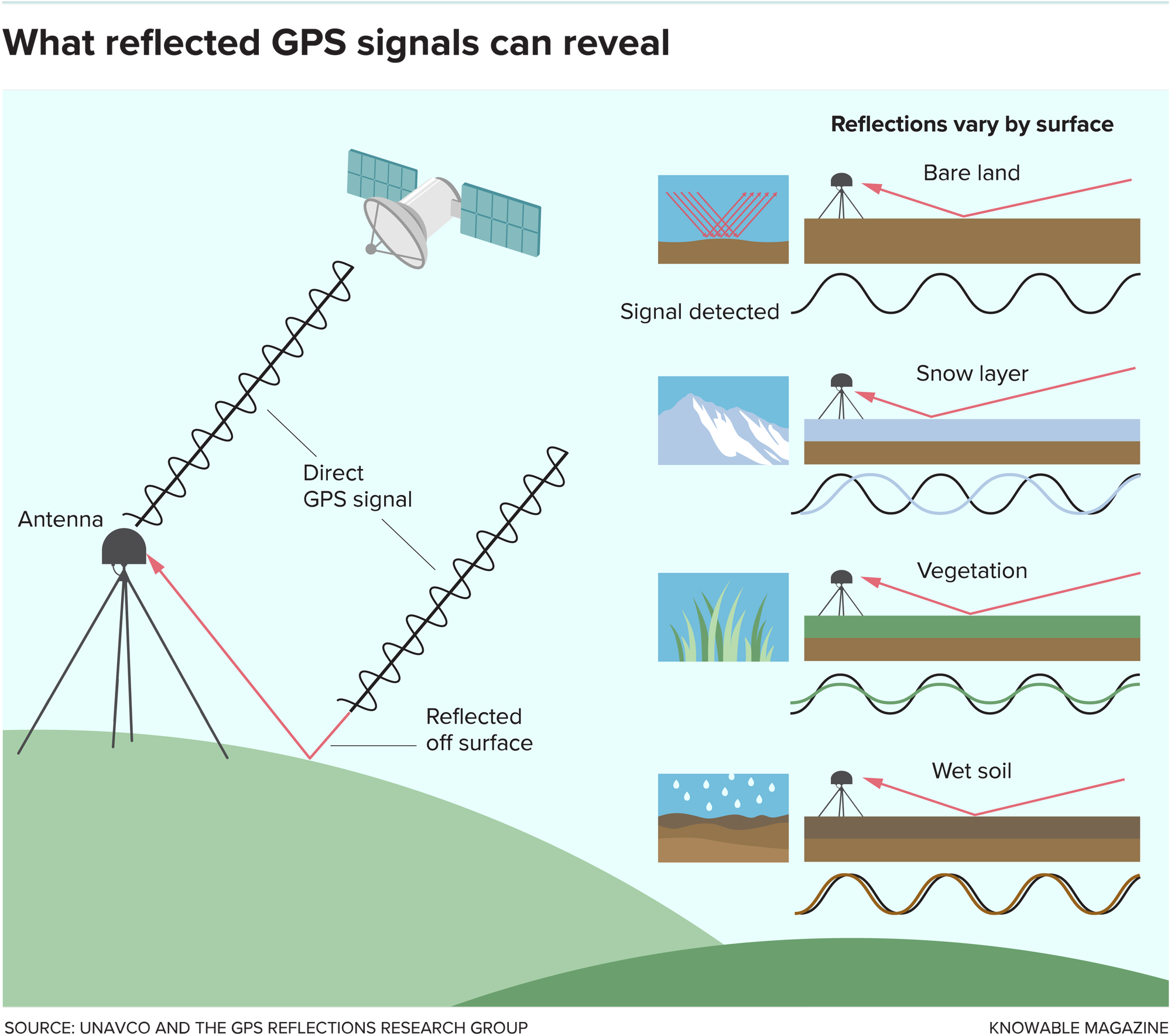
There are a lot of things that GPS is used for, such as

Mesuring Earthquakes
Measuring Volcanic Eruptions
Monitoring How Much Snow There is

Monitoring Sea Level
Analyzing the Atmosphere (Meteorology)

Aerial Studies of Terrain (i.e. Farming)
GPS technology relies heavily on Radio waves, as the
GPS Reciever (your phone) receives radio waves from
3 GPS satellites to pinpoint your exact location on Earth
So far, GPS will and has had significant improvements
done. For instance, engineers have improved GPS so it
can give you a more precise location
Environmental
Long Term Effects of GPS on the Environment are:
People will feel the need to travel
Can drive up the economy through tourism
Can lead to development of roads in regions,
therefore the development of the economy
in regions

People can drive more suitably (e.x by bus)
which would lower carbon foot print of the Earth
Can be used to detect migration patterns of birds

Short Term Effects of GPS on the Environment are:
When Satellites are dumped in the ocean
at Point Nemo, it can cause negative effects
for the animals that live there since the technology
can cause radiation in their habitats
The radio waves produced by the satellites can
disturb animals

The construction of antennas for GPS can lead to
destruction of habitats of animals
Personal
Personal Short Term Effects
Follow your allotted route quickly (whether it be to work,
school, etc.)
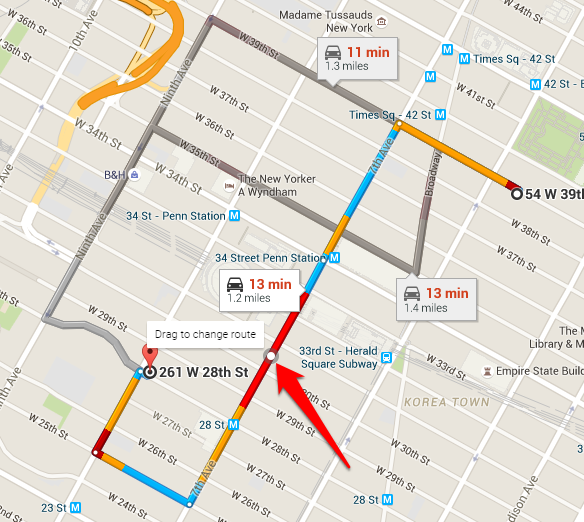
Spend less time getting to places
Personal Long Term Effects
Decreased carbon dioxide in the atmosphere, which
decreases carbon footprint, as said in the environmental section
